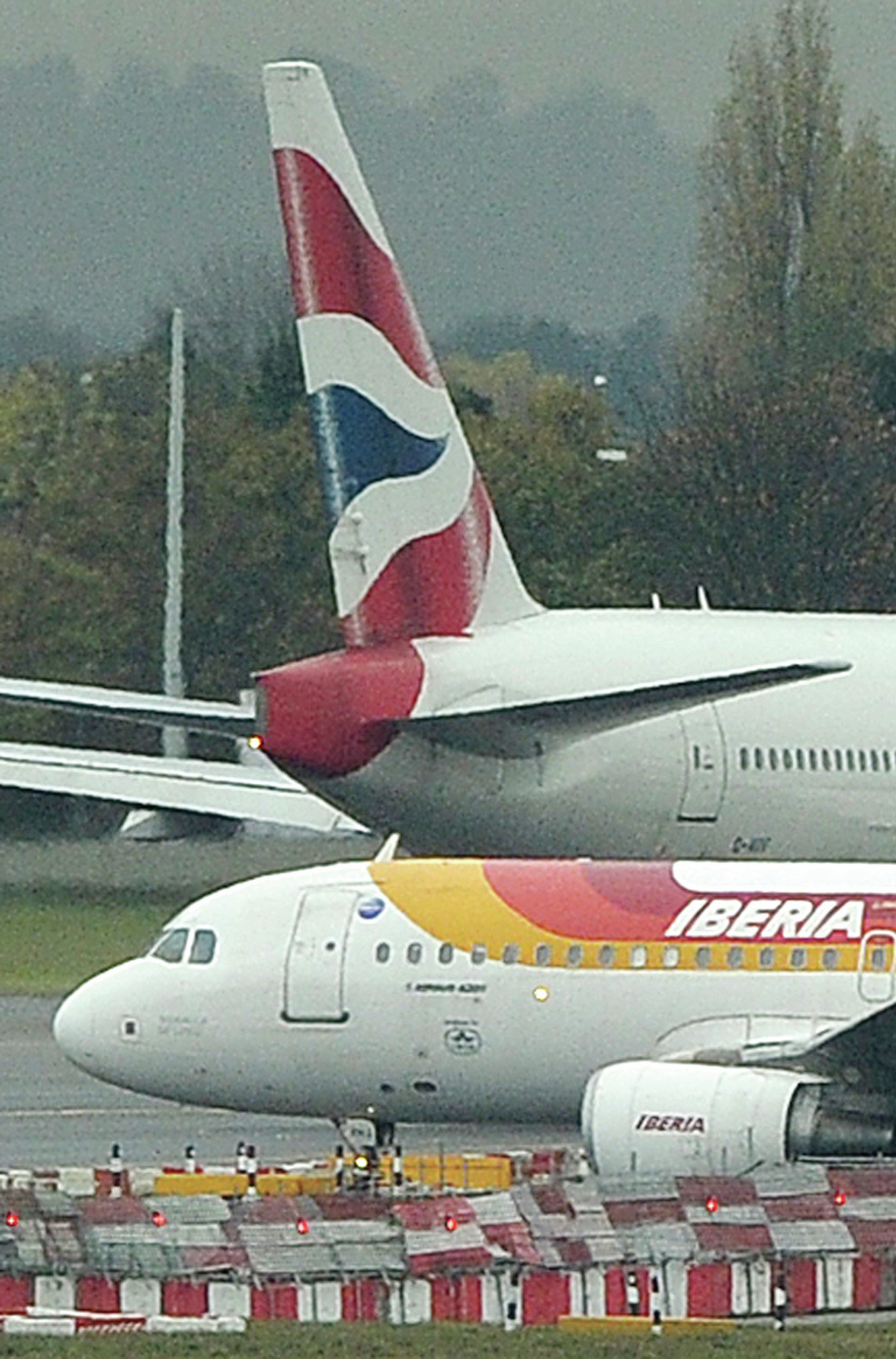
It may seem strange to be writing an article on business growth when the UK has just gone through the deepest and longest recession since records began. In recent months, many businesses have been forced to cut back production and downsize the scale of their operations as demand for their goods and services continued to fall. However, size can sometimes be the key to surviving difficult economic conditions. Larger firms are less likely to be dependent on certain major customers or market segments. Largescale operations create opportunities for economies of scale, leading to lower unit costs and greater price flexibility. Although not entirely recession proof, large companies tend to be less vulnerable to economic downturns than smaller firms, with the resources to ride out the storm. But how do companies become larger?
In theory, a business can achieve growth in one of two ways — either internally by selling more products, or externally by integration, i.e. by taking over or merging with another existing firm. Increasing size via organic or internal growth is a relatively slow process at the best of times, but during an economic downturn, it is a particularly difficult proposition. Falling demand intensifies competition among firms as they fight to survive. Attention is more likely to be focused on holding on to existing sales, rather than increasing production. Integration via merger or takeover may, therefore, become an increasingly attractive option for firms struggling to deal with a recession. This is certainly the case for British Airways (BA).
Your organisation does not have access to this article.
Sign up today to give your students the edge they need to achieve their best grades with subject expertise
Subscribe
